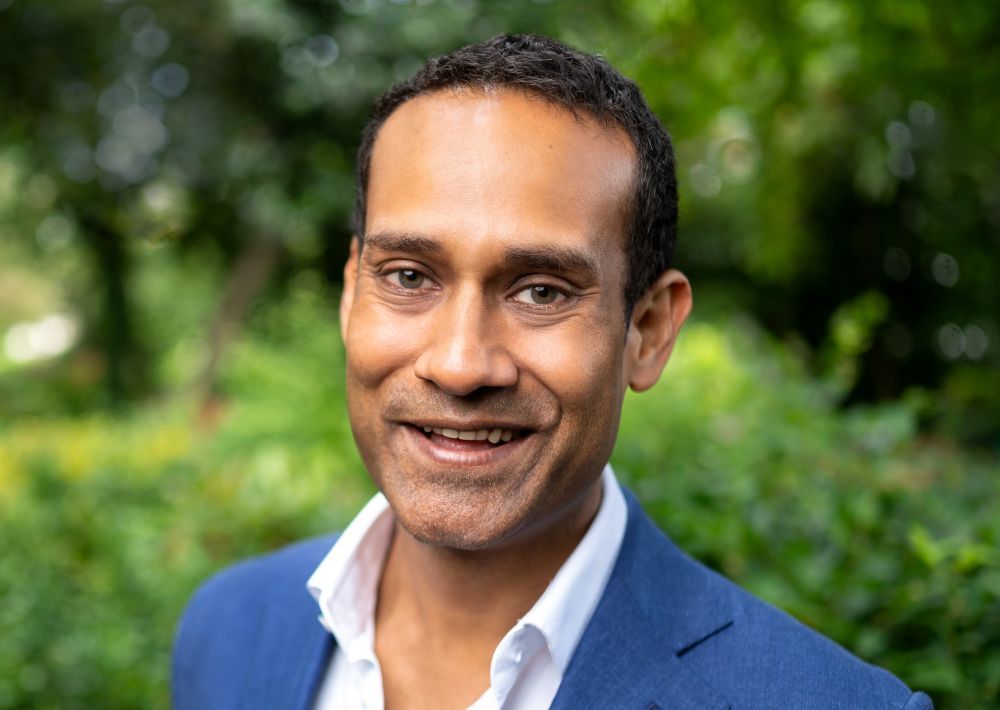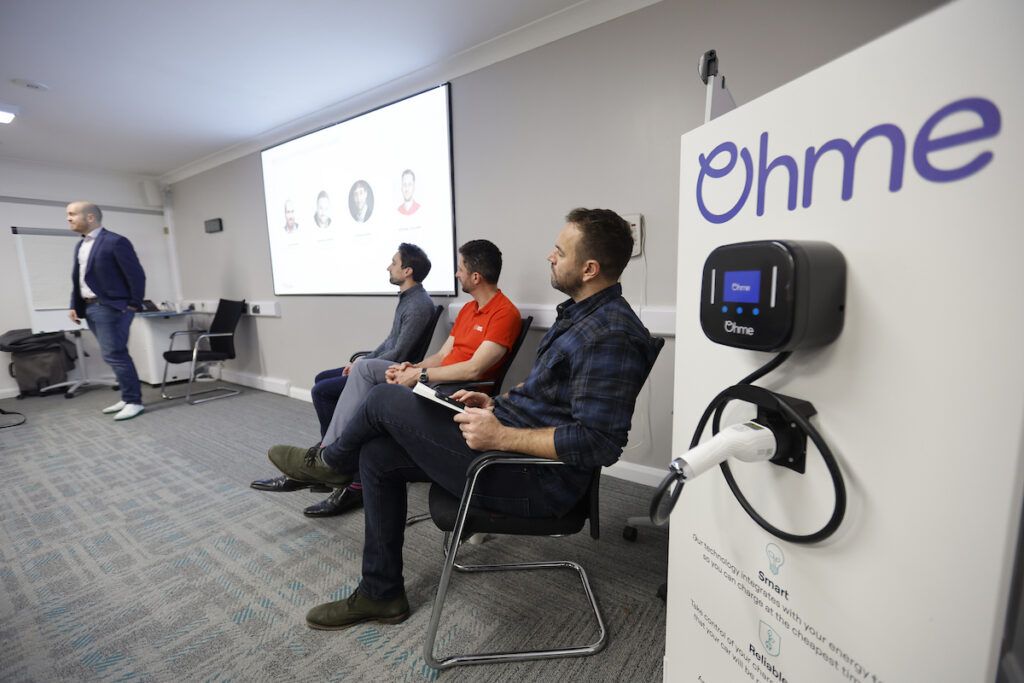As local authorities grapple with delivering their climate commitments, it’s time to change how we talk about the challenge. Christopher Hammond, UK100 Chief Executive, discusses.
As the head of a climate network founded on targets, I have an admission to make.
Targets alone are terrible. Terrible for telling stories. Terrible to grasp. Because we’re terrible at digesting large numbers.
Net Zero by 2050 means nothing to the person on the street. We need stories. We need personal experience. We need to see it, feel it, and live it.
Don’t get me wrong. Targets aren’t useless. The science is clear: net zero emissions by 2050 or risk from Hull to Portsmouth being underwater.. We need targets to plan policy, but we have to move our climate conversations beyond them. They’re great for policy, terrible for politics.
We’re in danger of letting fossil fuel proponents shape climate action as an albatross around our necks. “It would be so much easier if we didn’t spend money on ‘net stupid zero’,” some say.
But look around us. A full-fat fossil fuel society wasn’t exactly Utopia. Kids choking on their walk to school. Gas-price fuelled electricity bills are so high we coined a new term: fuel poverty.
We need to be braver at calling out the alternative to climate action. The status quo is the vulnerable people freezing in winter. It’s drowning in flood waters. If we don’t have a warm homes plan, we have a cold homes plan. If we don’t have clean power, we have Putin power.
Now I am not saying forget targets. But we do need to think beyond them.
Our framing, communications and engagement needs to be broader than net zero by 2050.
The political consensus for net zero is dead. We need to win the argument again.
Climate action needs to be framed as good for our health and good for our wallets. Because it is.
Our new research launching this week, ‘Beyond Targets: The Wider Benefits of Climate Action’, finds that when we marry climate action with other goals like ending poverty and reducing strain on the NHS, we not only make it easier to win support for climate action, we multiply its benefits.
Consider these examples:
Leeds PIPES Clean Heat Network lifted two thousand households from fuel poverty.
It also took eleven thousand tonnes of carbon emissions out of the atmosphere.
Cambridgeshire’s retrofit programme is upskilling two thousand local people.
It’s also taken almost five hundred tons of greenhouse gas emissions from the atmosphere
Birmingham’s Clean Air Zone prevents seven and a half thousand hospital visits each year, saving the NHS hundreds of thousands of pounds annually. Money that is freed up to cut waiting lists.
Behind each of these numbers, is a business grown, a home improved and a family better off and healthier.
If we let our opponents make climate action a culture war, we will lose it. We have to move beyond the abstract-seeming nature of targets and discover and celebrate the wider benefits. Climate action isn’t just good for the planet (even though it is), it helps the NHS, fights poverty, builds new industries, and wrenches us from the grips of economic decline.
Upgrading a council house so a child doesn’t grow up breathing in mould is a political fight we should win every day of the week.
But ahead of the Spending Review, the Warm Homes commitment has been tossed back and forth like a political football. We hope it will be saved, but, if it is, it will have been because of the efforts of a campaign that argued its triple benefits. It’s great for the climate. It’s great for lower bills. It’s great for the economy.
Cardiff Council is leading the country with its Local Area Energy Plan, mapping what it needs to deliver before 2050: 160,000 heat pumps, 91,000 retrofits, 26,000 EV chargers, 500 megawatts of rooftop solar, nine wind turbines, and at least five solar parks.
That will create ten thousand jobs and wipe £500 million off energy bills. Cardiff has moved beyond setting targets and is getting on with delivering.
From warm homes to local energy, the challenge now is how we scale this approach. How do we help every local authority move from targets that don’t connect on the doorstep to tangible benefits their communities can see and feel? How do we build the business cases that speak to Treasury bean counters while winning hearts and minds in the pub?
We can’t all be experts about everything, but we will know someone who is. Working together, we can find the human stories and hard numbers to win support across the political spectrum.
If we are to win over voters and number crunchers alike, we need to prove our climate plans will deliver for the community and economy. And that starts with an honest and optimistic look at the question “what does a future beyond targets” look like.
UK100 is kicking off that conversation in Birmingham this week. And while Friday the 13th might be a bad omen for some, we’ve decided that a day steeped in superstitions and storytelling is the perfect day for exploring how we tell a better local climate story before we get too boxed in by the nightmare narrative painted by our opponents.
Image of Christopher Hammond courtesy of UK100.












